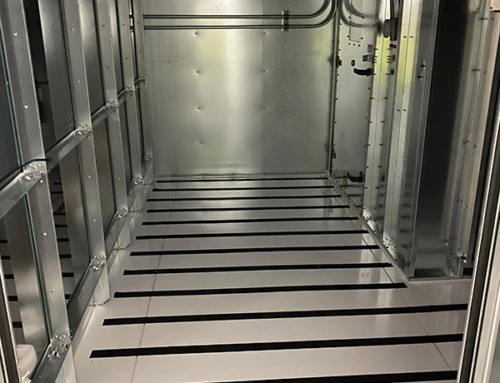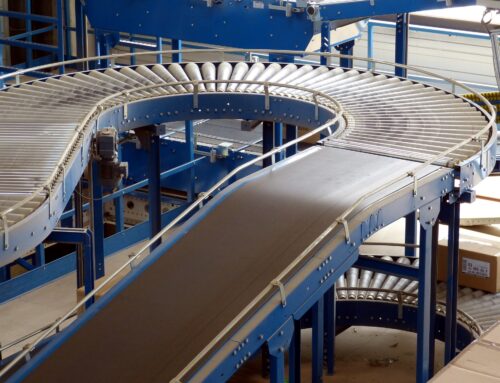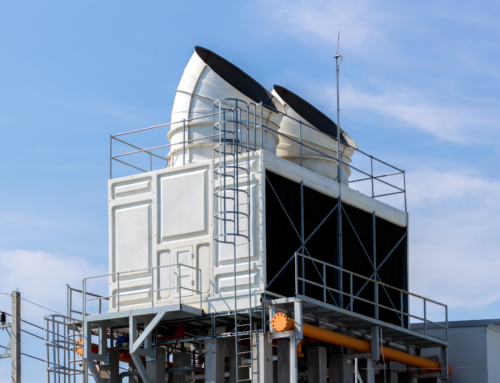May is Clean Air Month, but what does that actually mean?
What is Clean Air?
Clean air can be defined as air that has no harmful levels of pollutants in it. It is typically easy to identify clean air. Smog is one clear indicator of dirty air, while clear views indicate cleaner air. Smell and how you feel are other measures of how clean the air is where you are. A few ways air can be polluted include dirt, carbon monoxide, ozone, radon, and nitrogen oxides. Pollutants are caused by both human and natural factors and affect the air both indoors and outdoors. Natural factors include events like wildfires and volcanic emission, while human factors include activities such as burning fossil fuels and traditional land management.
What is Clean Air Month?
Clean Air Month was started by the American Lung Association (ALA) to help bring attention to the impact of air pollution on lung health, as well as bringing attention to ways individuals can help to improve the air quality of their local and personal environments. Originally, the ALA started the recognition as Clean Air Week in 1972, but expanded to be Clean Air Month in 1994.
The EPA also acknowledges the importance of Clean Air through Air Quality Awareness Week. During the first week of May, the EPA highlights a different topic each day to educate the public on the causes of poor air quality, how to prepare for and respond to events and environments with poor air quality, and to bring awareness to new studies and findings regarding air quality.
How to Help
There are many ways individuals can help to improve the air quality in their environments, both indoors and outdoors.
Indoors
On an individual level, one of the easiest ways to improve the air quality in your home is to have an air filtration system that is maintained on a regular basis. For many, this means replacing the air filter in your HVAC system every few months. For others, this may mean replacing or cleaning the air filter in an independent filtration system. Other ways to improve your indoor air quality is to ensure proper ventilation within each room and controlling the humidity, which can both be assisted with the use of a humidifier or dehumidifier.
Other methods to improve your indoor air quality include using cooking vents, keeping rugs and carpeting clean, and keeping indoor plants. Cooking vents help to draw the airborne contaminants produced during the cooking process out of your living space. If you don’t have a cooking vent, opening a window is a good alternative.
Rugs and carpeting hold onto pollutants which build up and are released into the air when the fibers are disturbed. Weekly cleaning through using a vacuum with a filter will reduce the number of pollutants dispersed into the air, but don’t forget to also clean your vacuum to ensure the cleanest clean. Lastly, there are several plants that can be kept indoors year round that help to improve air quality, with a variety that are low maintenance, including flowers.
You can also use a standalone air purifier to help clean the air in the rooms you spend the most time in, such as bedrooms and living rooms. Air purifiers pull air in one side run it through a filter and push it out the other side, pulling microscopic contaminants out of the air. Changing your bed sheets and immediately washing them and washing your comforter, quilt, or blankets on a regular basis is also helpful.
Outdoors
Most have heard the advice of drive less, walk more, but did you know that just keeping your car in good condition and keeping maintenance up to date can help improve your emissions? Just keeping your tire pressure at the manufacturer’s recommended levels can help ensure you are optimizing your fuel efficiency year round. Often overlooked, having your car’s air filters replaced on a regular basis can help decrease additional pollutants.
Outside of transportation, other ways to improve outdoor air quality include not burning garbage, keeping fires short, and planting and caring for trees. By not burning garbage and keeping fires shorter, the amount of pollution released is greatly decreased. Many cities have bans on burning trash to help prevent harmful chemicals from being released into the air, such as those released when plastics are burned.
Trees are one of the most helpful ways to improve air quality, especially in cities where there is more cement than room for plants. By planting and caring for trees, you can help them do the important job of cleaning the air. Properly cared for trees are the most effective at reducing pollution in the air.
Improving Office Air Quality
Ready to improve your air quality at the office? Clear Air Enviro-Services can help! Contact us today to see how our services can help you to improve your indoor air quality, while improving system efficiency that reduces the impact on outdoor air quality.





